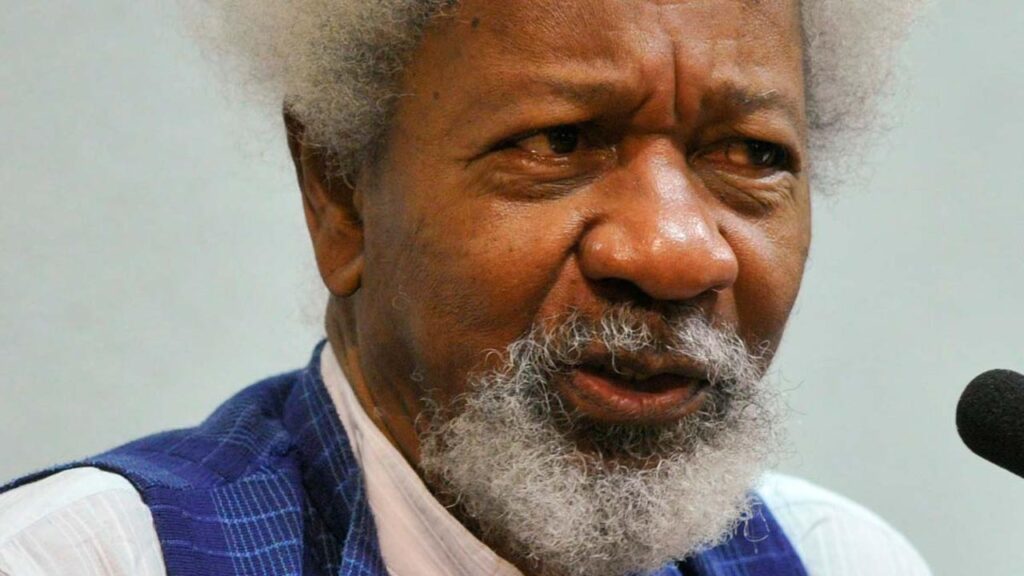
Being a woman is a huge blessing: being a successful career woman, student, wife, and mother and above all, being the best in all that we do.
God created Man and animals but said it is not good that a man should be alone, therefore, He created Woman. I mean, even God acknowledges how special women are. It is said that “What a man can do, a woman can do better.” Beat that!
At school, a lot of ladies excel in their studies and graduate as the best. At the office, a lot of women are the heads of their departments. Everywhere you go, you would see a woman.
We have women that do “men’s jobs” and excel at it: mechanics, painters, carpenters, cobblers and even conductors.
At home, a wife and mother is referred to as the home makers and quite a number of men wonder what they would do without their girlfriends, wives or mothers.
International Women’s day which is celebrated on March 8 and was founded by Clara Zetkin in 1910, is a day set aside to celebrate the successes and strides that women have achieved in different areas of life. In 1908, International Women’s Day grew out of the Labour movement, which saw 15,000 women, marching the streets of New York, demanding better pay, shorter working hours as well as the right to vote. It was first celebrated in 1911 in Austria, Denmark, Germany and Switzerland and today, it is celebrated worldwide. This day which celebrates the extent at which women have come in society, economics, and politics, was made official in 1974, when the United Nations started celebrating the annual event. The first theme which was “Celebrating the past, planning for the future”, was adopted in 1996. The theme for this year is #BreakTheBias: A world free of bias, stereotypes and discrimination.
Today, there are women of notable mention who are celebrated worldwide for their impeccable achievements:
Ngozi Okojo-Iweala: Ngozi Okonjo-Iweala is an Economist and an International development expert who became the first woman and the first African to emerge as Director-general of World Trade Organization (WTO) in March 2021. Prior to this, she had a 25 year career at World Bank and was the first woman to serve as Nigeria’s finance minister to serve under two presidents: Olusegun Obasanjo and Goodluck Jonathan.
Chimamanda Ngozi Adichie: Chimamanda Ngozi Adichie, a renowned novelist who is the author of Purple Hibiscus, Half of a Yellow Sun, The Thing around your Neck, and Americanah. Her books have won many awards across nations and territories. She is one of the advocates of Feminism: gender equality.
Amina Mohammed: Amina Mohammed is a politician and a Nigerian diplomat who is currently serving as the fifth Unite Nations deputy secretary-general and the chair of the United Nations sustainable development group. She led the process that give rise to the global agreement on the 2030 agenda for sustainable development and the creation of sustainable growth. Prior to this, she was the Minister of Environment (2015-2016), where she directed the country’s efforts on climate action and environmental protection.
Obiageli Ezekwesili: Madam Oby, as popularly known, is a public analyst and senior economic advisor at the Africa Economic Development Policy Initiative. Amongst her achievements, she used #BringBackOurGirls platform to draw global attention to the abduction of over 200 girls, abducted by Boko Haram in 2014. In March 2019, she won the Forbes Woman Africa social influencer award for her efforts on the campaign.
Some have gone to the great beyond but their works are still applauded. Notable mention:
Funmilayo Ransome-Kuti: Funmilayo Ransome-Kuti, who was described as a “Lioness of Lisabi”, was a prominent political campaigner as well as a women’s rights activist. In 1940, she established Abeokuta Women’s Union and fought for women’s rights; demanding for better representation of women in local governing bodies and an end to unfair taxes on market women. She also established the Nigerian Women’s Union, to fight against the disenfranchisement of women across the country. She is also the mother of the Afrobeat musical activist, Fela Anikulapo Kuti.

Margaret Ekpo: Margaret Ekpo was a renowned activist, who fought for the rights of women and against their subjugation. Together with Funmilayo Ransome-Kuti, they mobilized women to be a part of Nigeria’s decolonization journey. In 1954, she established the Aba Township Women’s Association, which later becam a political pressure group.
Stella Ameyo Adedavoh: In 2014, at the peak of the deadly Ebola virus, Stella Adedavoh played a key role in preventing the spread of the deadly virus by preventing the first case, Patrick Sawyer, from leaving the hospital. There were 20 recorded cases of Ebola at the time: 11 health care workers (5 died and 6 survived), including Stella Adedavoh. She was also the first to diagnose and alert the Ministry of Health when swine flu spread to Nigeria in 2012.
Dora Akunyili: During her reign as the Director-general of National Agency for Food and Drug Administration (NAFDAC), Dora Akunyili fought against fake drugs. Her doggedness, transparency and selflessness won her several awards for her work in public health, pharmacology and human rights.
Gambo Sawaba: The first jailed Nigerian female politician. She was publicly flogged, suffered police brutality and was imprisoned 16 times but that did not deter her. Gambo Sawaba was a women’s right activist, politician and philanthropist, who campaigned against child marriage, unfair taxes, forced and unpaid labour, girl-child education, jobs for women and full voting rights.













